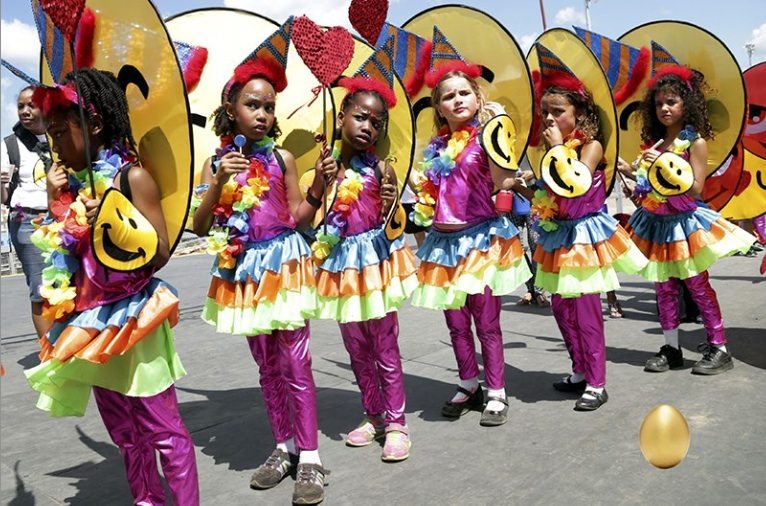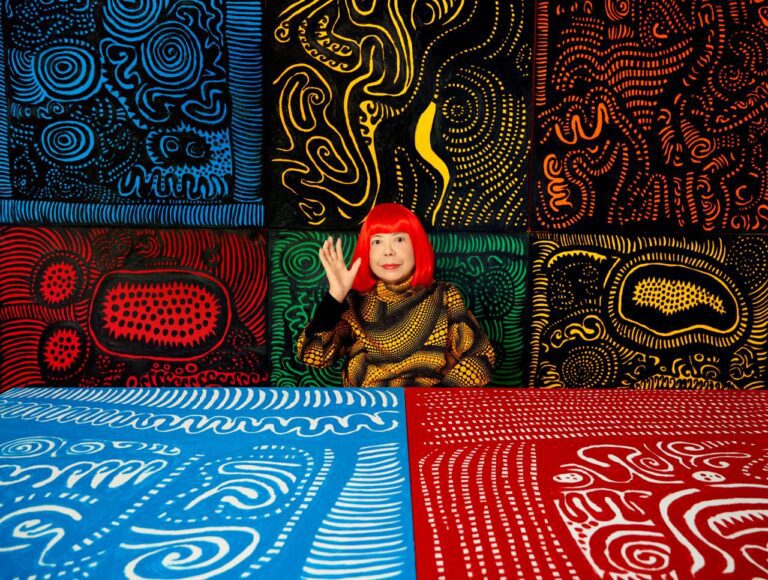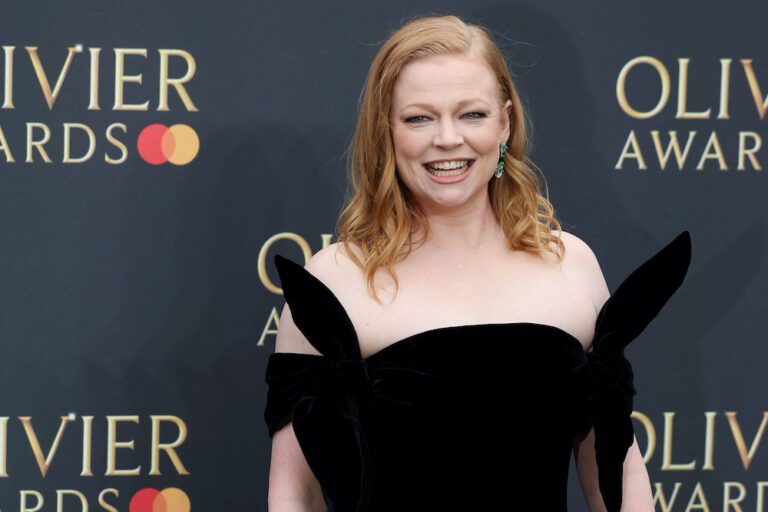A group of volunteers from some of Silicon Valley’s most powerful tech firms make up the Unicode Consortium, the advisory committee who process and vote on the emojis we’ve all been sharing with one another since the 1990s.
The co-founder and president of the Unicode Consortium is Mark Davis, chief internationalization architect at Google. The 63 year old and his group of tech experts consider thousands of new emoji proposals from the general public. He told Buzzfeed that the consortium welcomes proposals from around the world and that the team “devote significant resources to handling them. So regular people do have a voice on emoji, both directly to Unicode and through vendors whose devices they buy.”
The consortium was established way back in the 80s, before the web. The purpose of establishing the committee was to ensure that characters could be encoded and understood across different computers. In the 80s, the start of the computer boom, computer manufactures like Xerox, IBM and Apple had developed their own encoding system for characters in isolation. Meaning if you used one type of character on one computer it would not be understood on another type. As Davis explained to TIME, “Unicode grew out an effort … to straighten out all of this mess and come up with a single encoding that you could be guaranteed the same character no matter where you were.” The whole web is based on Unicode, making it possible for us to use any type of device anywhere without distortion of the original message.
As people rely more on emoji and the little icons become a language of their own, the consortium have a responsibility to ensure they reflect a broad range of cultures. Recent controversy around skin colour and emojis has seen the emergence of a multitude of new varieties of people emojis that reflect not only different skin colour, but also ages.
More specific food related emojis are also being introduced. Davis told San Jose Mercury News that, “one of the myths is that emojis are universal. But the way these symbols are interpreted really depends highly on your culture and language.”
What kind of emoji proposals are taken seriously? Davis explains that proposals like “Oh, well I think it’d be nice to have a drunken chipmunk emoji”, regardless of their hilarity, are not generally considered by the committee. People are encouraged to make a case for why an emoji has potential to be popular and why people are going to care about it.
You can make your own proposals via the tech companies of the devices you use, or directly to the Unicode Consortium.







